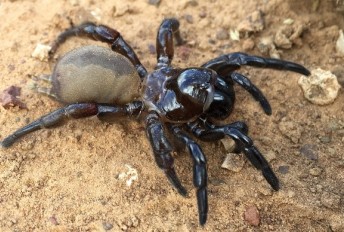
Posted on April 08, 2024
Nine new trapdoor spider species have been discovered in the Great Karoo by researchers at the University of Pretoria’s (UP) Department of Zoology and Entomology, and the Agricultural Research Council (ARC).

Posted on February 09, 2024
In a study that signals potential reproductive and health complications in humans, now and for future generations, researchers at the University of Pretoria and Canada’s McGill University and Université Laval have concluded that toxins in the environment, notably DDT, modify the sperm...
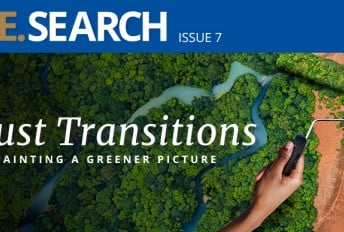
Posted on November 23, 2023
This edition explores the theme of ‘Just Transitions’ which is generally characterised by ideas of sustainability and the greening of the economy, and supported by the ideas of resistance, rethinking and restructuring society for a better and more equitable future. As one of the most...
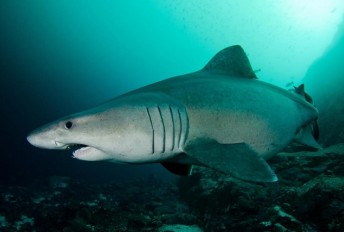
Posted on November 15, 2023
New research arising from a collaboration between scientists at the University of Pretoria (UP) and Trinity College Dublin has shown there are likely more warm-bodied sharks out there than previously thought.
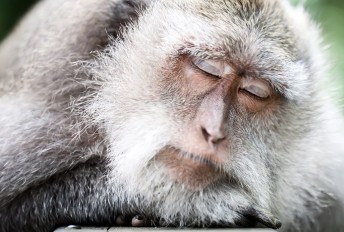
Posted on October 23, 2023
The quest for immortality has long fascinated humans, and inspired countless tales – now, in two new studies published in the journals Nature and Science, University of Pretoria (UP) researchers, along with a team of global experts known as the Mammalian Methylation Consortium, are a step...
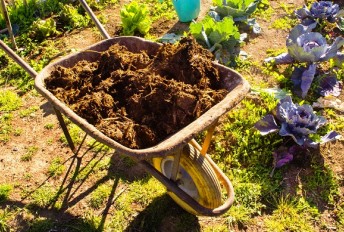
Posted on August 24, 2023
University of Pretoria (UP) researchers lent their expertise to a recent study led by the University of KwaZulu-Natal and found that rural farmers in KwaZulu-Natal are open to buying and using compost made from human sewage as long as they can be sure that it is safe, affordable and works as well...
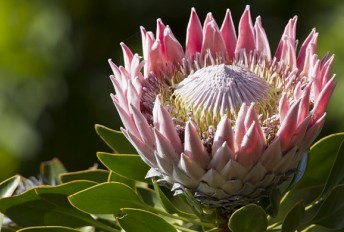
Posted on May 24, 2023
University of Pretoria (UP) researchers are at the forefront of a very special first for South African plant sciences. They have unravelled the precise genetic make-up of the country’s national flower, the king protea (Protea cynaroides). It is the first plant that’s unique to South...
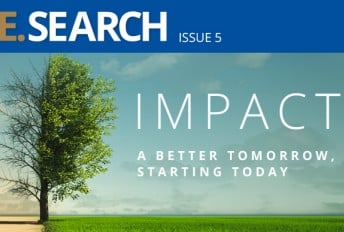
Posted on April 17, 2023
This issue of RE.SEARCH looks at the impact of the University of Pretoria's research from early childhood interventions and the use of traditional medicines for holistic nursing to the role of women in peacekeeping efforts. The issue also provides insight into the critical question of coal power...
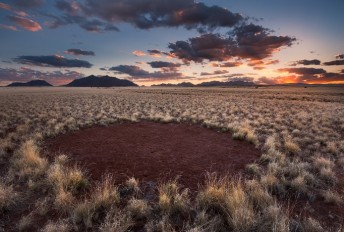
Posted on March 29, 2023
University of Pretoria (UP) scientists have posited a theory that could explain the tens of thousands of “fairy circles” that can be seen dotted across the arid landscape of Namibia.
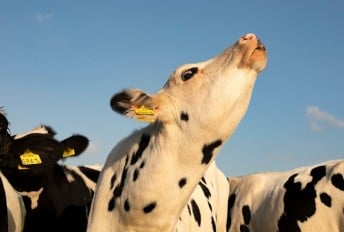
Posted on March 15, 2023
A University of Pretoria (UP) study has shown that playing soothing classical music to dairy cows lowers their stress levels and increases their milk production.
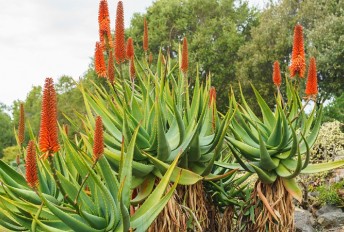
Posted on February 09, 2023
Experts at the University of Pretoria (UP) are a step closer to finding a drug that could prevent transmission of the malaria-carrying parasite Plasmodium falciparum by thwarting its life cycle.
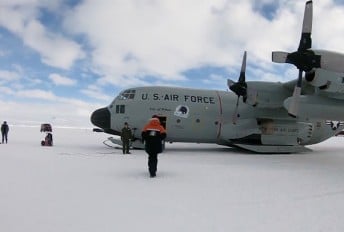
Posted on December 07, 2022
The ice-free areas of Antarctica were initially thought to be devoid of life, but with the advent of modern genetic technologies, scientists now know that microorganisms have adapted to living in this extreme environment.
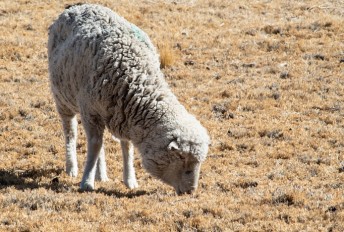
Posted on December 05, 2022
Two University of Pretoria scientists have contributed to the first-ever global field assessment of the ecological impacts of grazing in drylands.

Posted on November 28, 2022
Our latest issue of RE.SEARCH is out and focuses on how the University of Pretoria (UP) is implementing transdisciplinary research to co-create new knowledge to develop solutions and design new futures for us all.
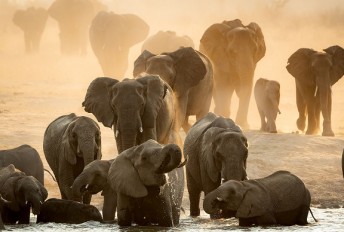
Posted on November 24, 2022
A new series of maps drawn up by Emeritus Professor Rudi van Aarde of the University of Pretoria (UP) and Dr Ryan Huang of Duke University in the US details where African elephants prefer to roam in Southern Africa.
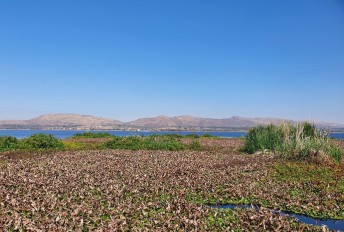
Posted on November 21, 2022
For years now, invasive water hyacinth plants have clogged up the North West’s Hartbeespoort Dam, which lies downstream from Pretoria and Johannesburg. In new research, hydrogeologists from the University of Pretoria (UP) have used the internal workings of the plants themselves to reiterate...
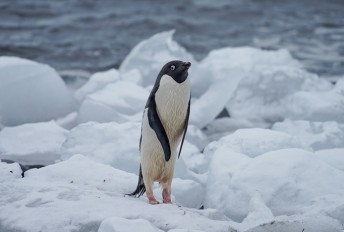
Posted on November 02, 2022
The Southern Ocean around Antarctica needs urgent protection – for the sake of the rest of the world. This marine wilderness is threatened by climate change and commercial fisheries, says University of Pretoria (UP) macro-ecologist Dr Luis Pertierra, an expert on the natural value of the...

Posted on October 10, 2022
Researchers at the University of Pretoria (UP) are making today matter by battling aggressive breast cancer through identifying genes that make African women more susceptible to certain forms of breast cancer. However, this is no easy task as very little genomic information is known about African...
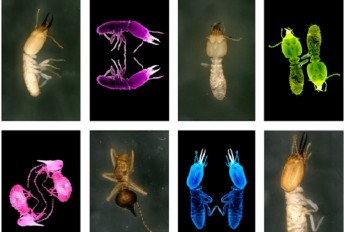
Posted on September 28, 2022
The University of Pretoria (UP) recently participated in an international study led by the University of Miami to investigate termite and microbial wood discovery and decay. Termites release carbon from the wood as methane and carbon dioxide, which are two of the most important greenhouse gases...
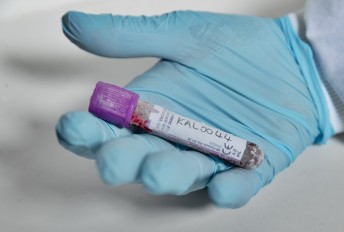
Posted on August 31, 2022
Two pioneering studies published simultaneously today in Nature and Genome Medicine have identified genetic signatures explaining ethnic differences in the severity of prostate cancer, particularly in sub-Saharan Africa.
Copyright © University of Pretoria 2025. All rights reserved.
Get Social With Us
Download the UP Mobile App